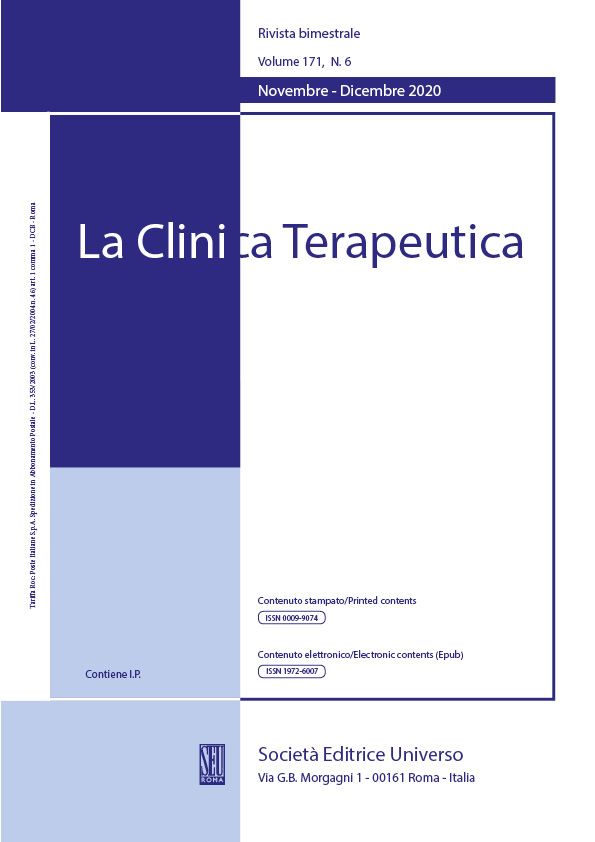Abstract
Introduction: This study aimed to investigate differences in maternal and perinatal outcomes between dichorionic-diamniotic (DCDA) twin pregnancies between those conceived spontaneously and those conceived through in vitro fertilization (IVF)/intracytoplasmic sperm injection (ICSI).
Methods: This study was a single-center, retrospective cohort study. All women with DCDA twin pregnancies were considered for inclusion. Monochorionic twins and higher-order multiple pregnancies were excluded. All data related to maternal and perinatal outcomes were extracted from the hospital database and compared between spontaneously conceived DCDA twin pregnancies and those conceived by IVF/ICSI. Multivariable logistic regression was used to adjust for confounders to determine factors associated with maternal and perinatal outcomes.
Results: Of 739 identified DCDA twin pregnancies, 483 (65.4%) were conceived through IVF/ICSI treatment (IVF/ICSI group), and 256 (34.6%) were spontaneously conceived (SC group). Women in the IVF/ICSI group were older and had fewer previous live births than women in the SC group. The women in the IVF/ICSI group had significantly higher risks of preeclampsia (adjusted odds ratio [aOR]: 2.50; 95% confidence interval [CI]: 1.12–5.55), cesarean delivery (aOR: 2.0; 95% CI: 1.27–3.17), and postpartum hemorrhage following cesarean section (aOR: 3.15; 95% CI: 1.53–6.45). The DCDA twins in the IVF/ICSI group were delivered at an earlier gestational age (36.2 vs. 36.7 weeks, p < 0.001), had slightly lower mean birth weights (2298 vs. 2367 g, p = 0.005), and required more respiratory support (aOR: 0.69; 95% Cl: 0.48–0.98) than those in the SC group.
Conclusions: Our study demonstrated that women with DCDA twin pregnancies conceived through IVF/ICSI experienced more complications than those with SC DCDA twin pregnancies. Newborns in the IVF/ICSI group had a slightly lower mean birth weight and required respiratory support more frequently, but no other significant differences in perinatal outcomes or perinatal mortality were observed between the two groups.

